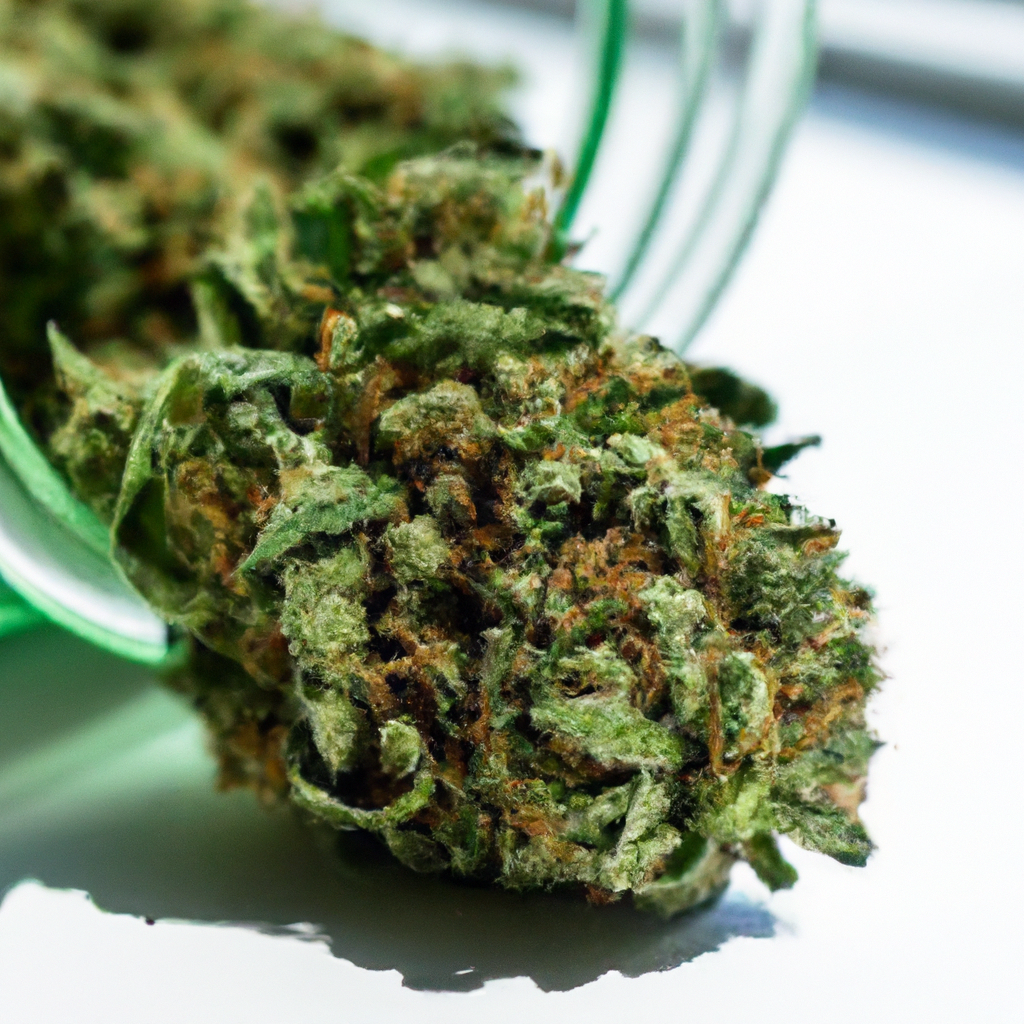Your cart is currently empty!
In recent years, cannabis has gained widespread attention for its potential to promote relaxation and reduce stress. While its application in recreational and medicinal contexts is becoming more common, the science behind cannabis’ calming effects may remain a mystery to many. This article explores the underlying mechanisms enabling cannabis to serve as a relaxation aid, providing insights into its impact on the mind and body.
Understanding Cannabinoids and Relaxation
Cannabinoids are the active compounds in cannabis that interact with the body’s endocannabinoid system (ECS). The ECS plays a crucial role in regulating various physiological processes, including mood and stress responses. Let’s break down how two primary cannabinoids, THC and CBD, contribute to relaxation:
- THC (Tetrahydrocannabinol): THC is renowned for its psychoactive effects, but at lower doses, it can also promote relaxation by activating CB1 receptors in the brain, which influence mood and stress levels.
- CBD (Cannabidiol): Unlike THC, CBD is non-psychoactive. It is known to have calming effects, potentially reducing anxiety by interacting with serotonin receptors and inhibiting the breakdown of Anandamide, a neurotransmitter associated with happiness.
Scientific Insights into Cannabis-Induced Relaxation
Scientific research into cannabis’ effects on relaxation has uncovered several insightful findings:
- Neurotransmitter Interaction: Cannabinoids influence the release of dopamine and serotonin, neurotransmitters linked to pleasure and mood regulation, thus contributing to a relaxed state.
- Cortisol Reduction: Cannabis may reduce cortisol levels, the stress hormone, further supporting its role in relaxation post-consumption.
- Enhanced Neuroplasticity: CBD and THC can promote neuroplasticity, potentially assisting the brain in developing healthier stress patterns over time.
Case Study: Real-World Application of Cannabis for Relaxation
Consider Sarah, a 35-year-old software engineer who reported experiencing high levels of stress due to her demanding job. Incorporating a low-dose CBD oil into her evening routine allowed Sarah to relax and manage her stress more effectively, improving her overall well-being without experiencing any psychoactive effects. This real-world example illustrates how individuals can strategically use cannabis for relaxation.
Precautions and Recommendations
While cannabis can offer relaxation benefits, it is important to approach its use thoughtfully:
- Start with low doses to assess tolerance and avoid potential side effects.
- Consult with a healthcare professional to tailor doses that fit personal health circumstances.
- Consider full-spectrum products that leverage the synergy of multiple cannabinoids and terpenes for comprehensive relaxation effects.
Conclusion
By understanding the science behind the relaxation benefits of cannabis, consumers can make informed decisions about incorporating it into their wellness routines. This dynamic plant offers an intriguing option for stress management and relaxation, but as with any therapeutic intervention, it should be used responsibly and in consultation with medical professionals.
Explore the calming potential of cannabis and experience a more balanced, peaceful state of mind.
Tags: cannabis-relaxation, health benefits, scientific research, stress-management, cannabinoids
Discover more from Magic Clones
Subscribe to get the latest posts sent to your email.


Leave a Reply